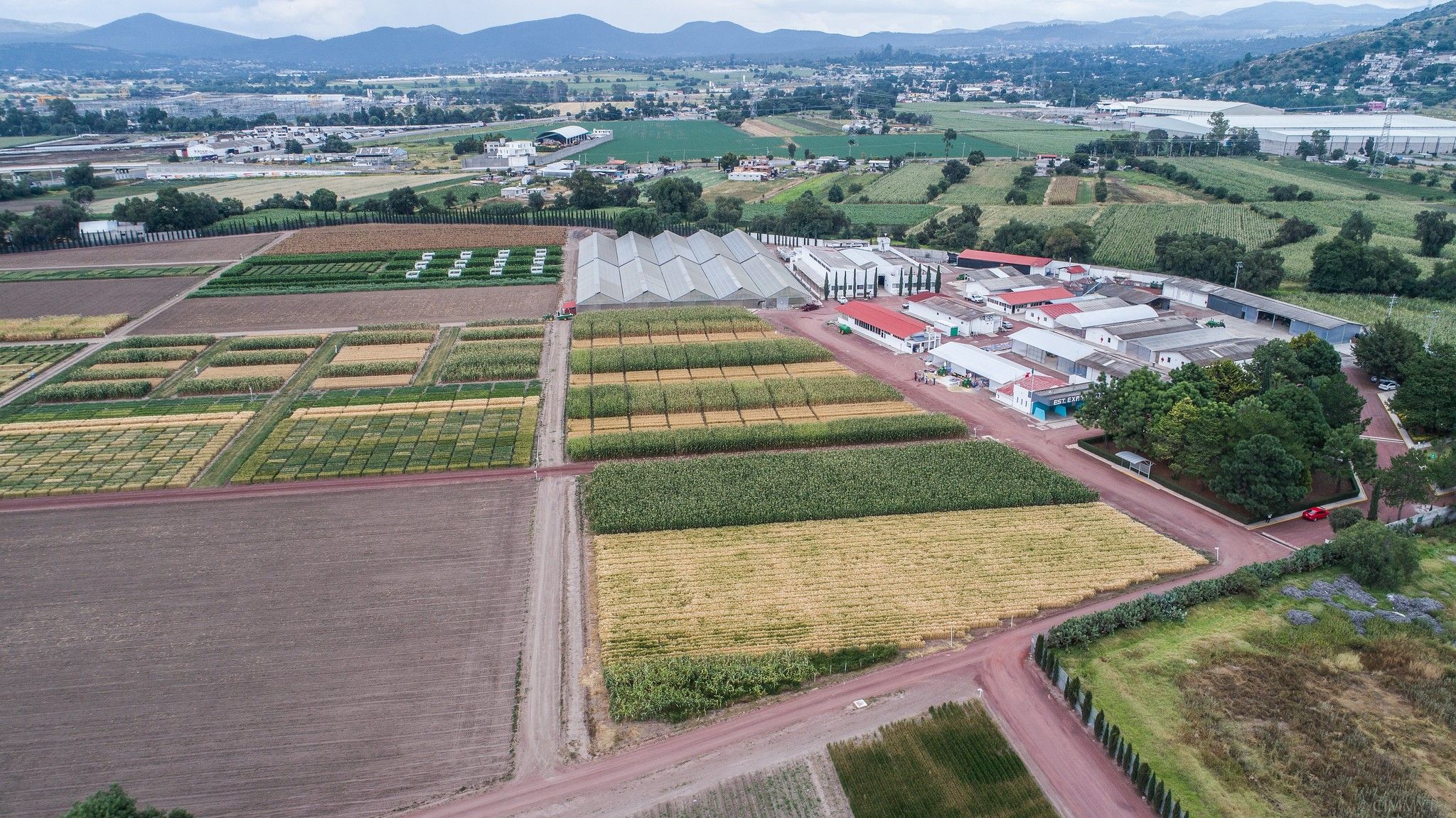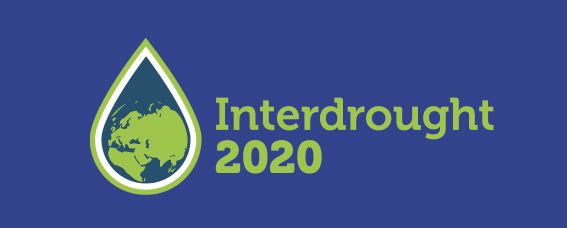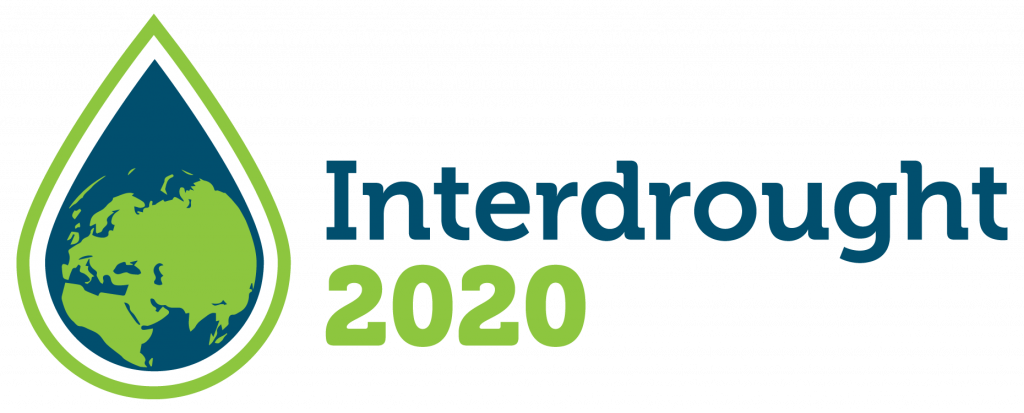CIMMYT releases its first ever maize genetic resource lines
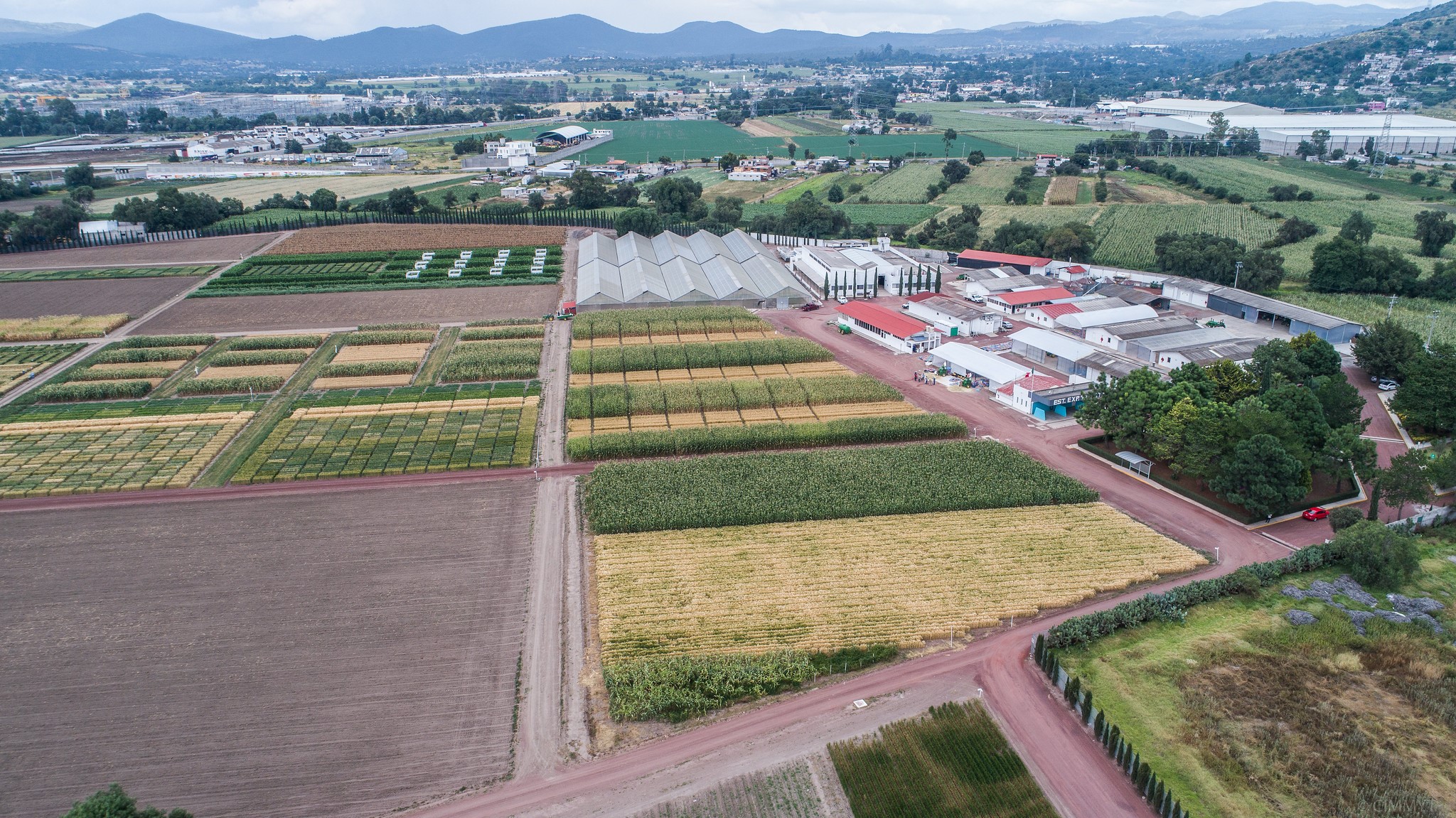
The International Maize and Wheat Improvement Center (CIMMYT) is pleased to announce the release of a new category of maize inbred lines called CIMMYT Maize Genetic Resource Lines (CMGRL). The CMGRLs are derived from crosses between elite CIMMYT lines and landrace accessions, populations or synthetics from the CIMMYT Germplasm Bank.
Although high standards of yield and agronomic performance are applied in their selection, CMGRLs are not intended to be used directly in commercial hybrids but rather by breeders as sources of novel alleles for traits of economic importance. These lines should also be of interest to maize researchers who are not breeders but are studying the underlying genetic mechanisms of abiotic and biotic traits.
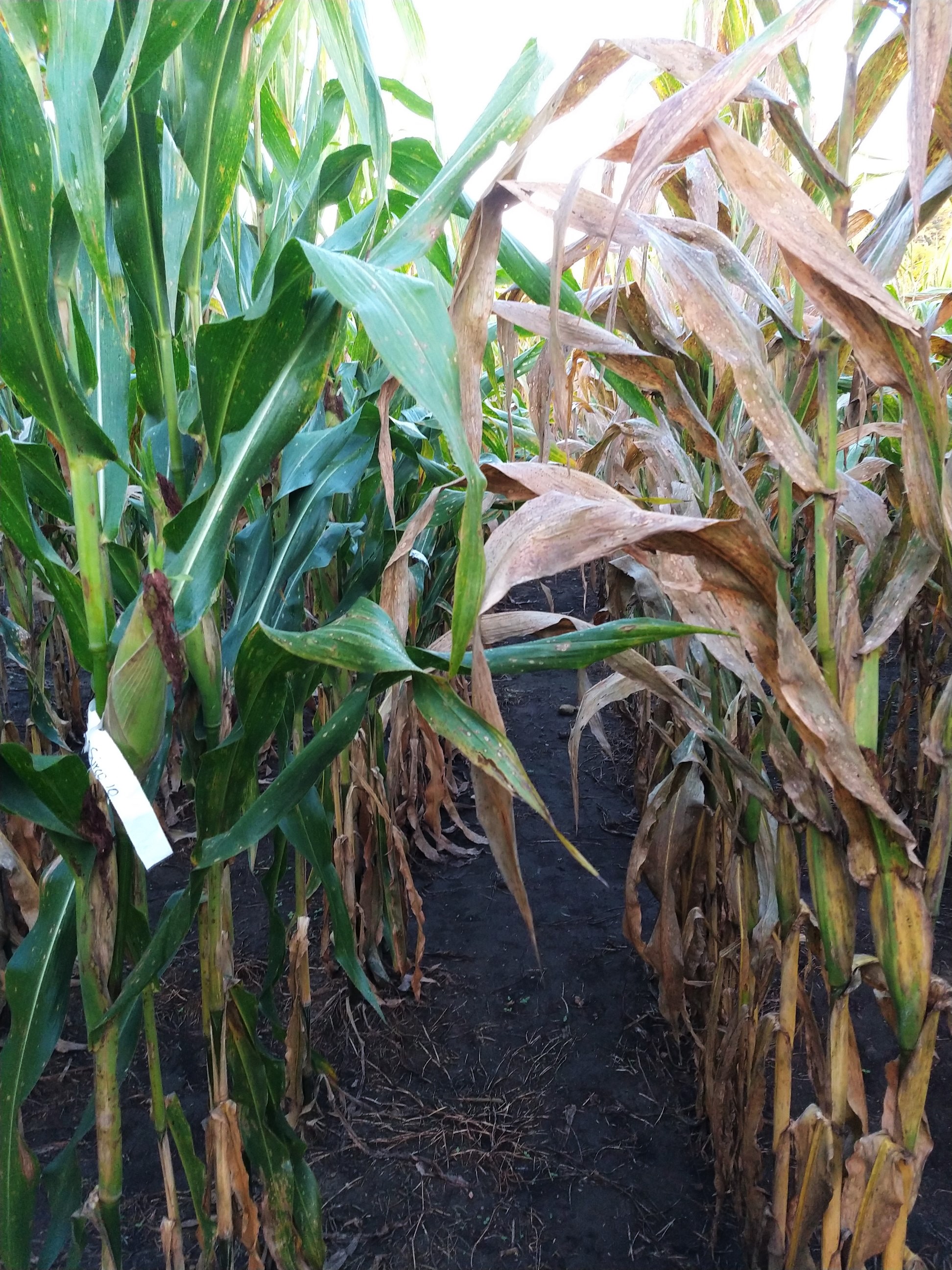
Currently the maize genetic resources breeding team has projects in drought tolerance, heat tolerance, tar spot complex (TSC) disease resistance and in the development of lines and hybrids with blue kernel color. For all of these projects, the best lines identified for a given trait objective will be recombined to produce open-pollinated varieties that will be made available to the public.
The inaugural class of CMGRLs includes five subtropical adapted lines for tolerance to drought during flowering and grain-fill and four tropical adapted lines for TSC resistance. Both phenotypic and genotypic data will be published online for all CMGRL releases. CIMMYT will periodically release CMGRLs as superior lines are identified for economically important abiotic and biotic stresses as well as end-use traits.
Release Summary:
| CMGRL Name | Trait Target | Type | Level | Landrace Donor Parent | Landrace Country of Origin | Recurrent Parent | Heterotic Group | Adaptation |
| CMGRLB001 | TSC resistance | BC1 | S5 | OAXA280 | Mexico | CML576 | B | Tropical |
| CMGRLB002 | TSC resistance | BC1 | S5 | OAXA280 | Mexico | CML576 | B | Tropical |
| CMGRLB003 | TSC resistance | BC1 | S5 | GUAT153 | Guatemala | CML576 | B | Tropical |
| CMGRLB004 | TSC resistance | BC1 | S5 | GUAT153 | Guatemala | CML576 | B | Tropical |
| CMGRLB005 | Drought tolerance | BC1 | S5 | ARZM12193 | Argentina | CML376 | B | Subtropical |
| CMGRLB006 | Drought tolerance | BC1 | S5 | ARZM12237 | Argentina | CML376 | B | Subtropical |
| CMGRLB007 | Drought tolerance | BC1 | S5 | SNLP169 | Mexico | CML376 | B | Subtropical |
| CMGRLB008 | Drought tolerance | BC1 | S5 | SNLP17 | Mexico | CML376 | B | Subtropical |
| CMGRLB009 | Drought tolerance | BC1 | S5 | SNLP17 | Mexico | CML376 | B | Subtropical |
Full details including phenotypic and genotypic data on the nine lines are available here. To order a 50-kernel seed sample of the CMGRLs, please contact Terry Molnar.
